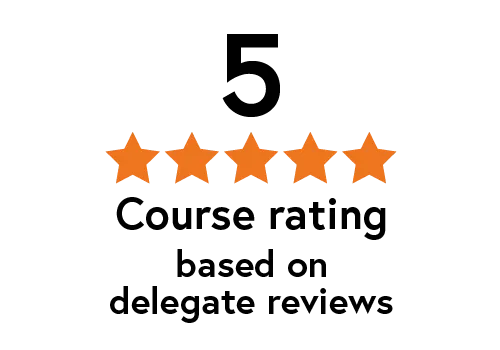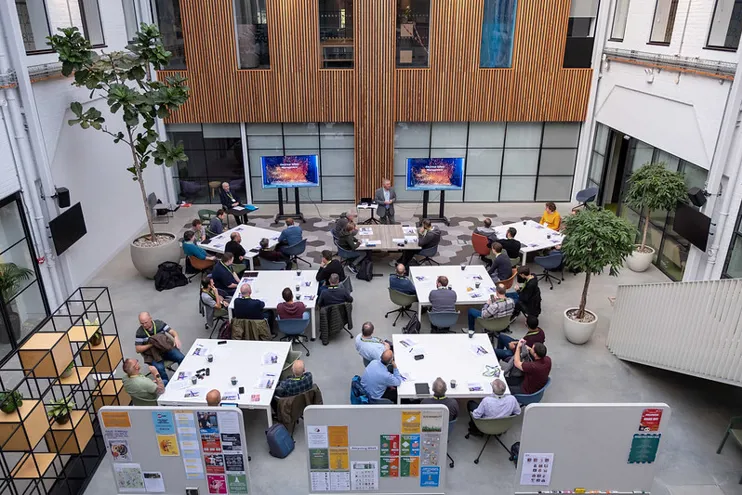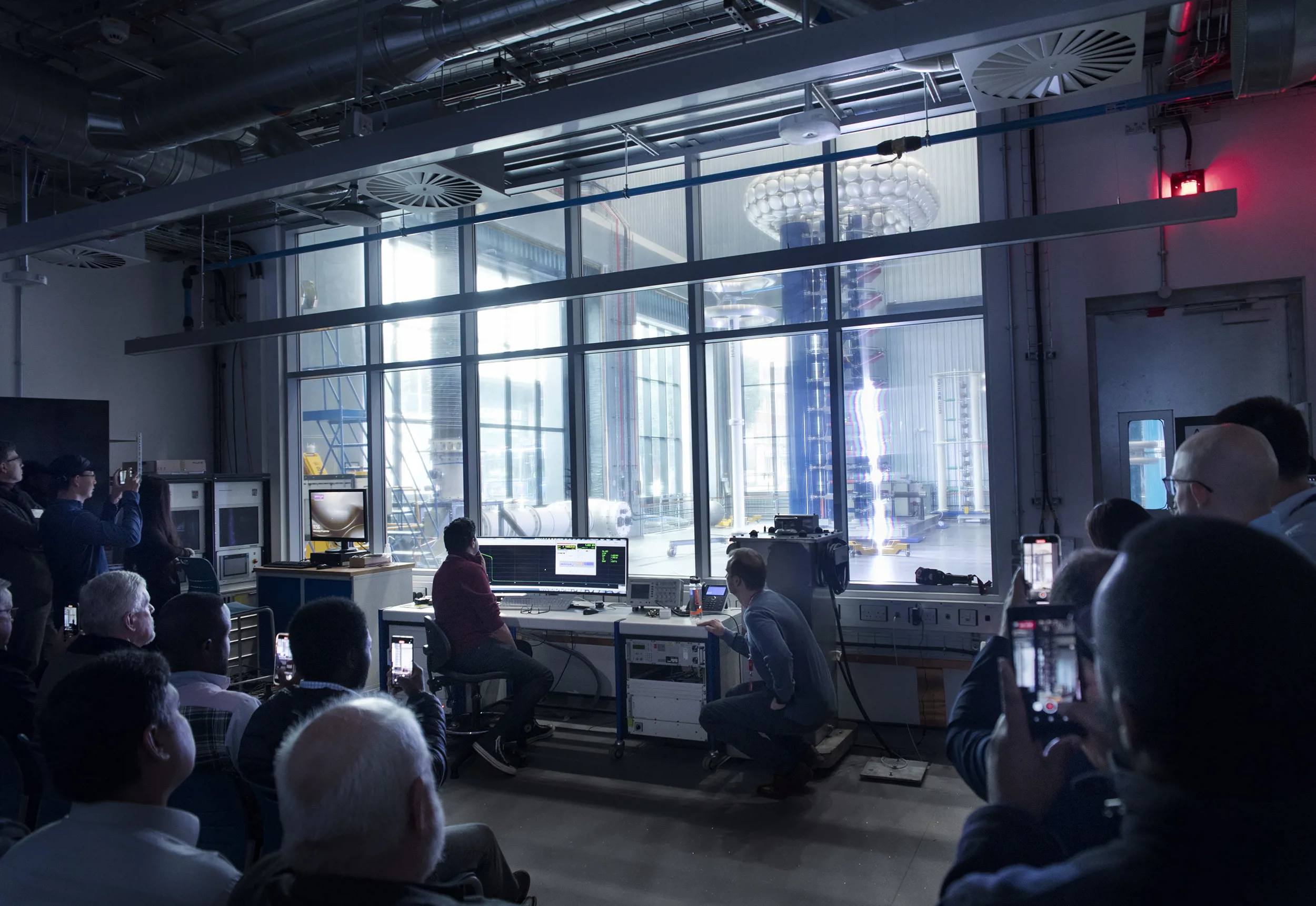
Electrical Safety Management (ESM) training course
Dates and locations
25 - 26 November 2025 | IET Stevenage: Futures Place
10 - 11 March 2026 | IET Stevenage: Futures Place
IET Member
from £1159
Non-member
from £1369
This course has helped hundreds of delegates to audit their policies and procedures through the simple approach of the Code of Practice.
This course is based on our 2nd edition Code of Practice for Electrical Safety Management.
- In-person course: You will be given a physical copy of the book at the event.
- Live virtual course: A digital book copy will be emailed to you the day before the event.

At a glance:
In person
Duration: two days
CPD hours: 15
UK-SPEC: A, B, C, D & E
Live virtual
Duration: 3 half days
CPD hours: 13.5

Who can attend?
The course is ideal for anyone interested in electrical safety and management techniques.
It is great for both graduate engineers, as well as more experienced engineers looking to expand their knowledge base.
We also have fantastic in-house training options which makes this course ideal for companies or businesses who would like to send 12 or more delegates.
Find out more, and explore your options for how to how to bring ESM to your company.
UK-SPEC competencies: A, B C, D and E
Competence A: Knowledge and understanding
For Chartered Engineers: “use a combination of general and specialist engineering knowledge and understanding to optimise the application of advanced and complex systems.”
For Incorporated Engineers: “Use a combination of general and specialist engineering knowledge and understanding to apply existing and emerging technology”
For Engineering Technicians: “Use engineering knowledge and understanding to apply technical and practical skills.”
Competence B: Design, development and solving engineering problems
For Chartered Engineers: “apply appropriate theoretical and practical methods to analyse and solve engineering problems.”
For Incorporated Engineers: “apply appropriate theoretical and practical methods to design, develop, manufacture, construct, commission, operate, maintain, decommission and recycle engineering processes, systems, services and products.”
For Engineering Technicians: “shall contribute to the design, development, manufacture, construction, commissioning, decommissioning, operation or maintenance of products, equipment, processes, systems or services.”
Competence C: Responsibility, management and leadership
For Chartered Engineers: “demonstrate technical and commercial leadership.”
For Incorporated Engineers: “provide technical and commercial management.”
Engineering Technicians: “shall accept and exercise personal responsibility.”
Competence D: Communication and interpersonal skills
For Chartered & Incorporated Engineers: “demonstrate effective communication and interpersonal skills.”
Engineering Technicians: “shall use effective communication and interpersonal skills.”
Competence E: Professional commitment
For Chartered & Incorporated Engineers: “demonstrate a personal commitment to professional standards, recognising obligations to society, the profession and the environment.”
Engineering Technicians: “shall demonstrate a personal commitment to an appropriate code of professional conduct, recognising obligations to society, the profession and the environment.”
Don't just take our word for it…
“The Bills (Bill Tubey and Bill Bates) provided insight and experience drawn from long careers in power distribution and the HSE inspectorate and it was particularly useful to see more examples of workplace incidents involving electricity, work through case studies; and speak with other course delegates about their own approaches and the challenges faced.”
“Found it to be a very well run and useful course indeed. I would strongly recommend it to anyone involved in Electrical Safety.”
“Really interesting course”
“Great course and is an eye opener in terms of the gap analysis aspect but certainly the legal aspects as well.”






